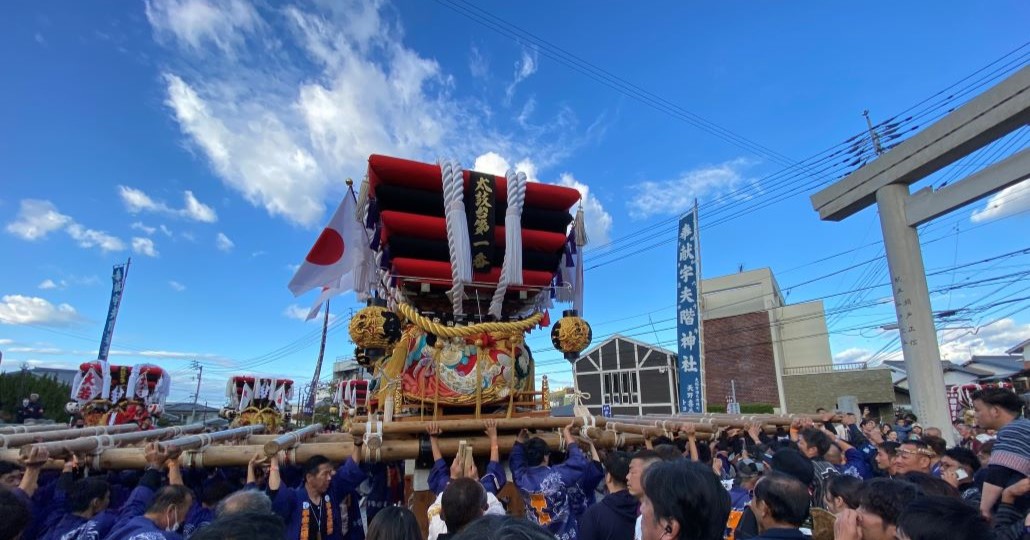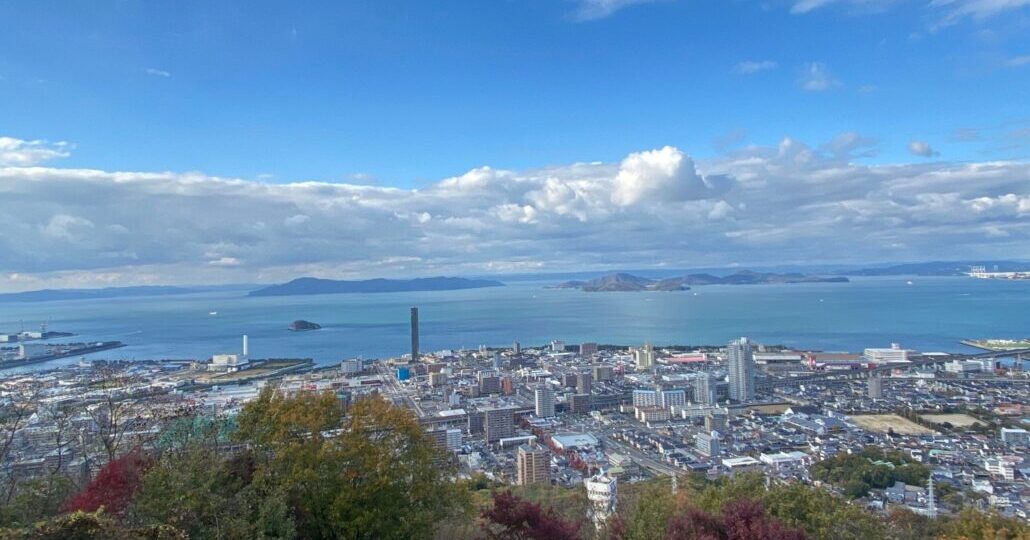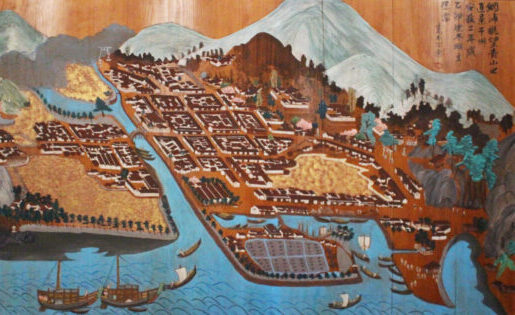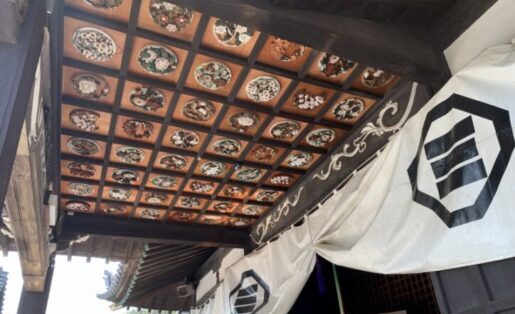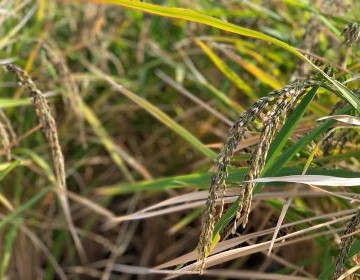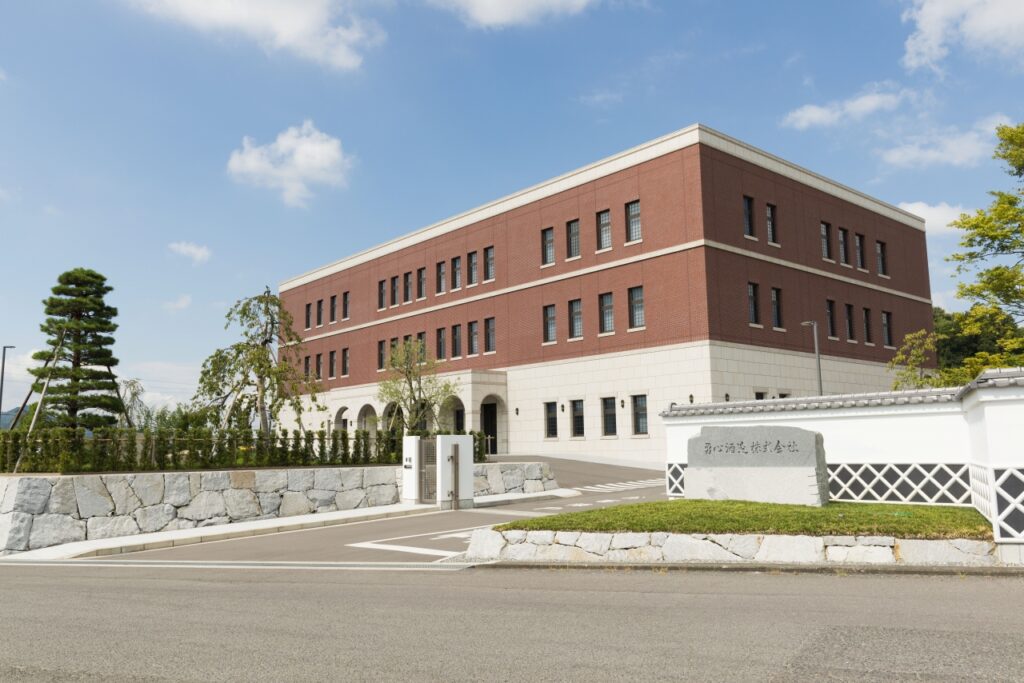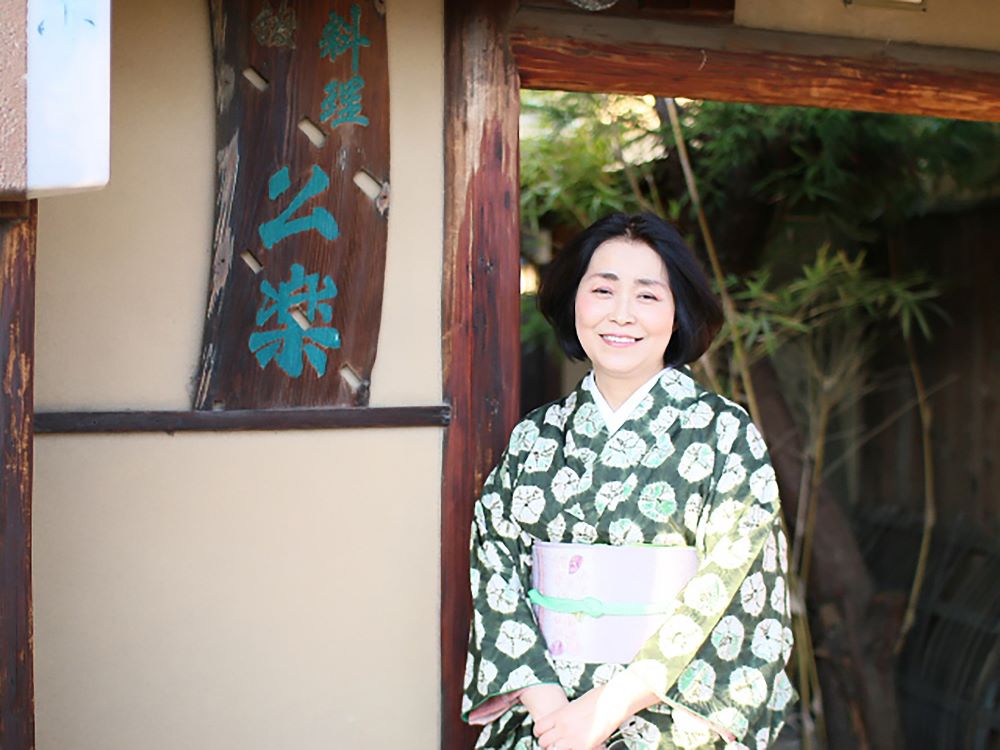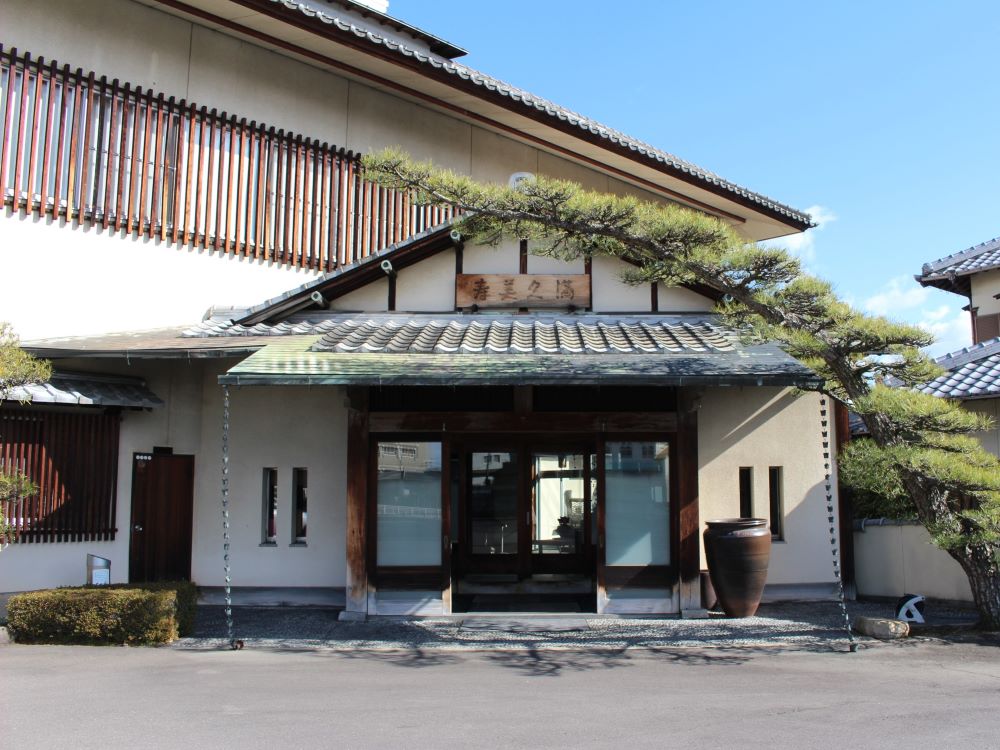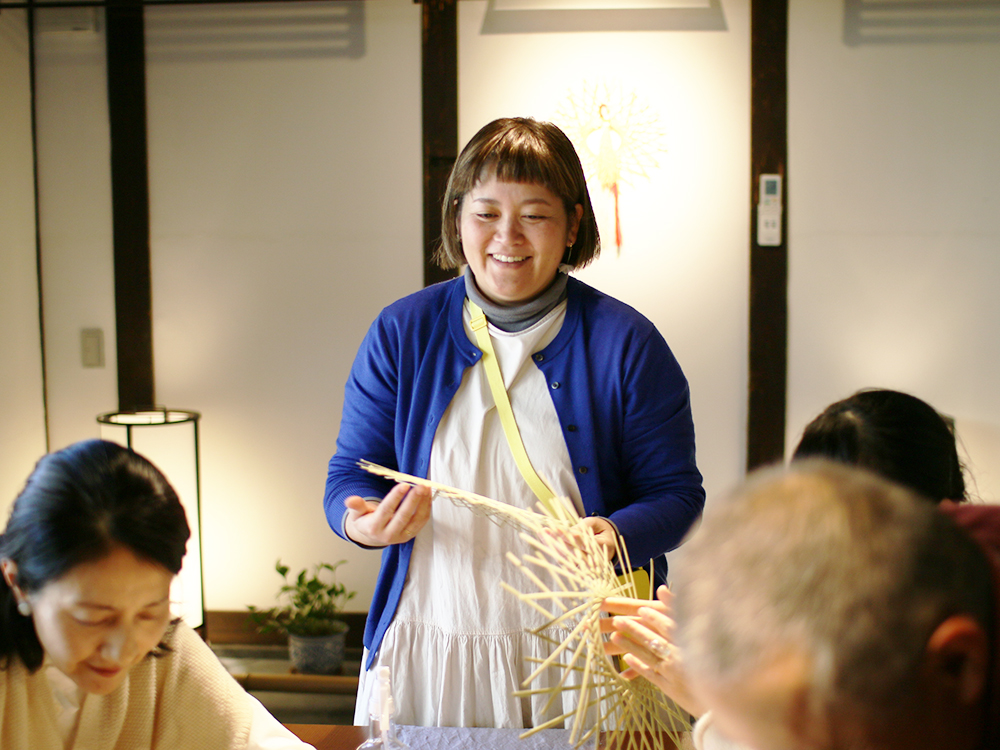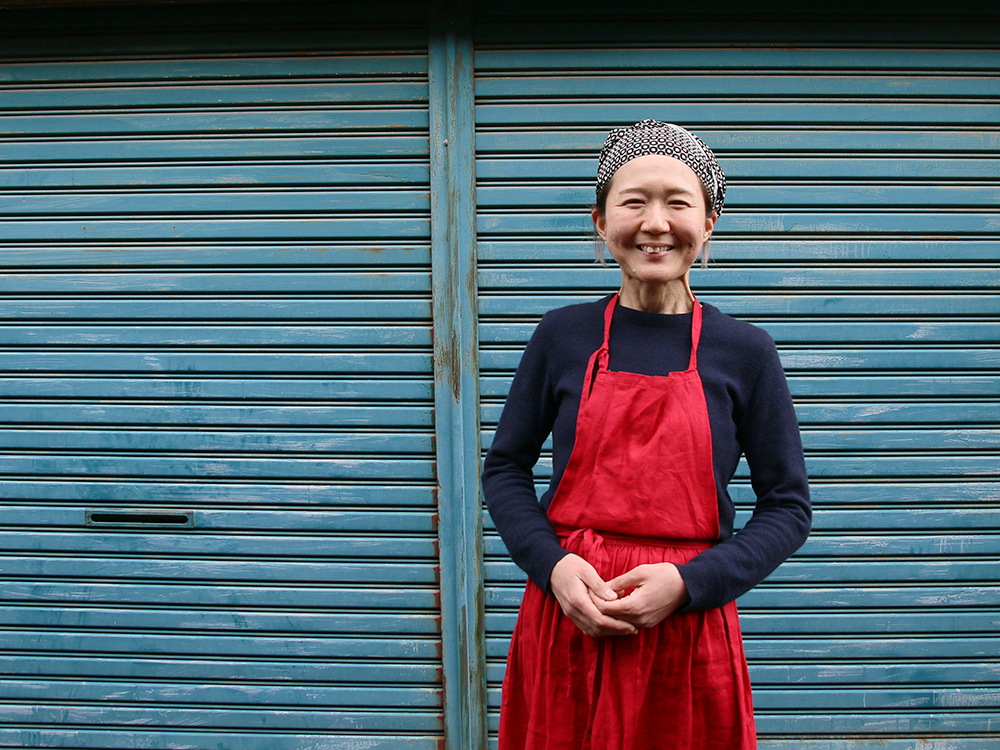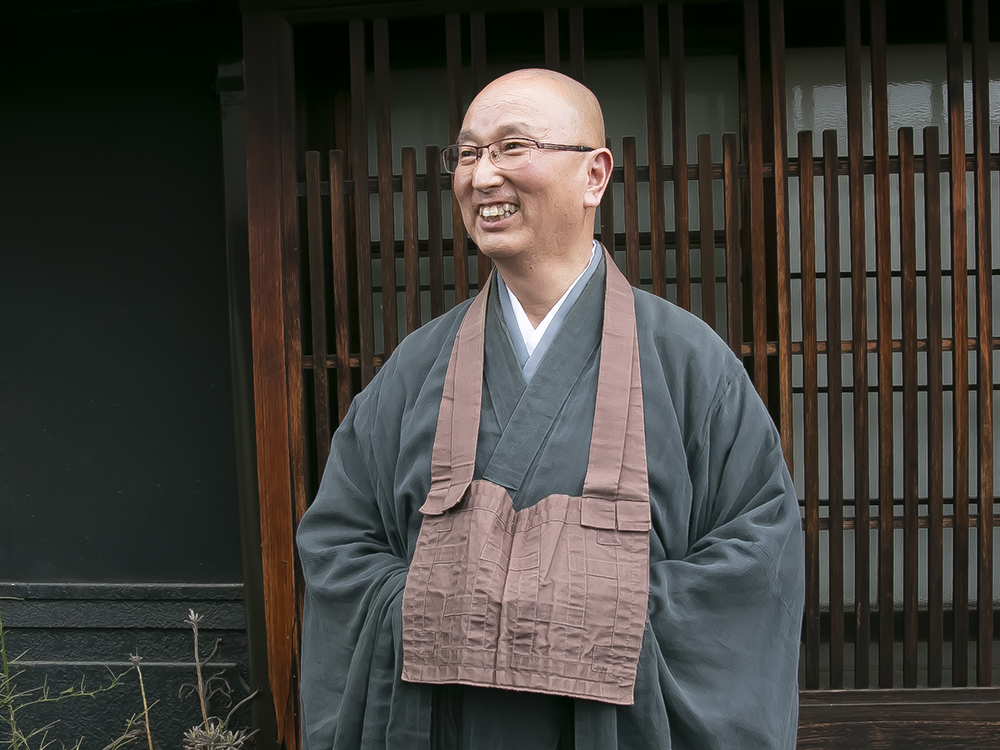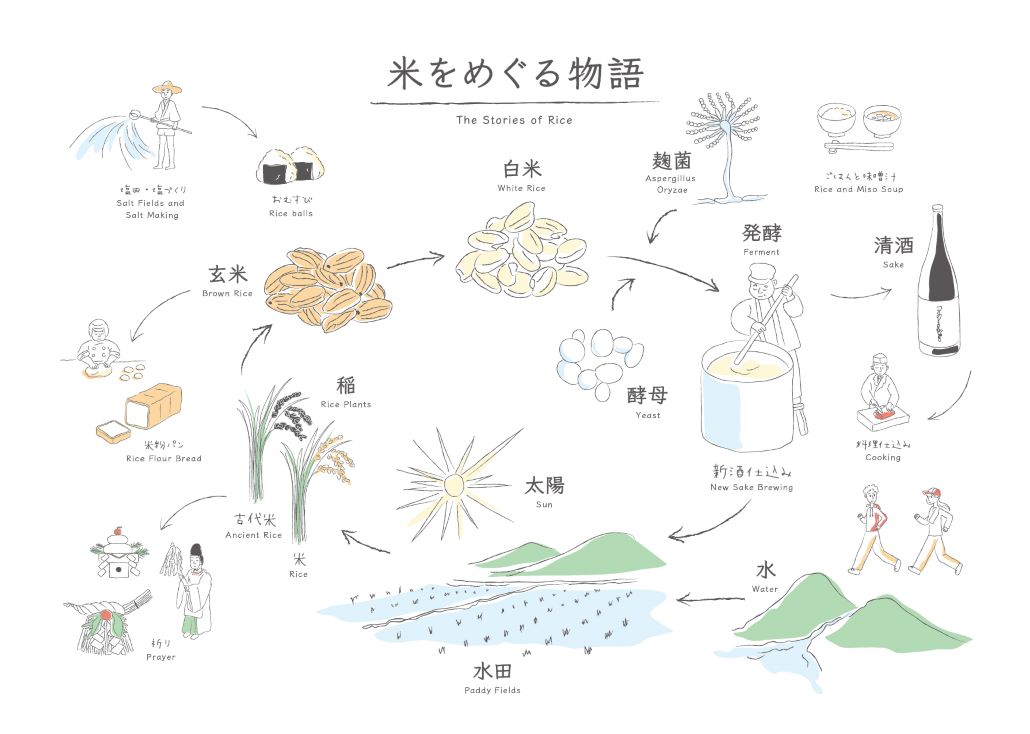The charm of Utazu is not just the sea. The Daisoku River flows through the center of the town, and this has helped active north-south movement between the sea and the mountains. The waterway of the Daisoku River connected the industries of the plains and mountainous areas, and the riverbank near Co-machi served as a hub for loading and unloading goods.
One of the most representative goods transported via the waterway was rice, and rice has played a crucial role in the development of the town at key points throughout its history. For example, at the location where the Utazu Town Hall stands along the Daisoku River, there used to be a rice warehouse belonging to the Takamatsu Matsudaira Clan. In Co-machi, where there are many temples and shrines, the tradition of reverently respecting nature using rice and rice plants has been passed down to this day.
The Ancient Rice Cooperative is working on the production of ancient rice using fallow land in the southern part of the Utazu Co-machi district, and Yushin Shuzo, one of the most famous breweries in Kagawa, produces a liquor called ‘Riceenoir’ made from ancient rice. The company currently has a factory in Ayagawa town, but its origins are in the Utazu Co-machi area. It has a deep connection to Utazu.
Moreover, delicious rice and sake are essential for Japanese cuisine. The ryotei by the river highlights seasonal ingredients and teaches the richness of Sanuki’s cuisine. In the town, initiatives focused on modern health, such as the development of dishes using rice flour and the reevaluation of fermentation techniques, are also starting.
Sanuki, the gateway to Shikoku, where Japan’s local culture is preserved. Through rice, stories are woven every day from Co-machi. Why not listen to the stories within daily life, living peacefully while cherishing our connections?

